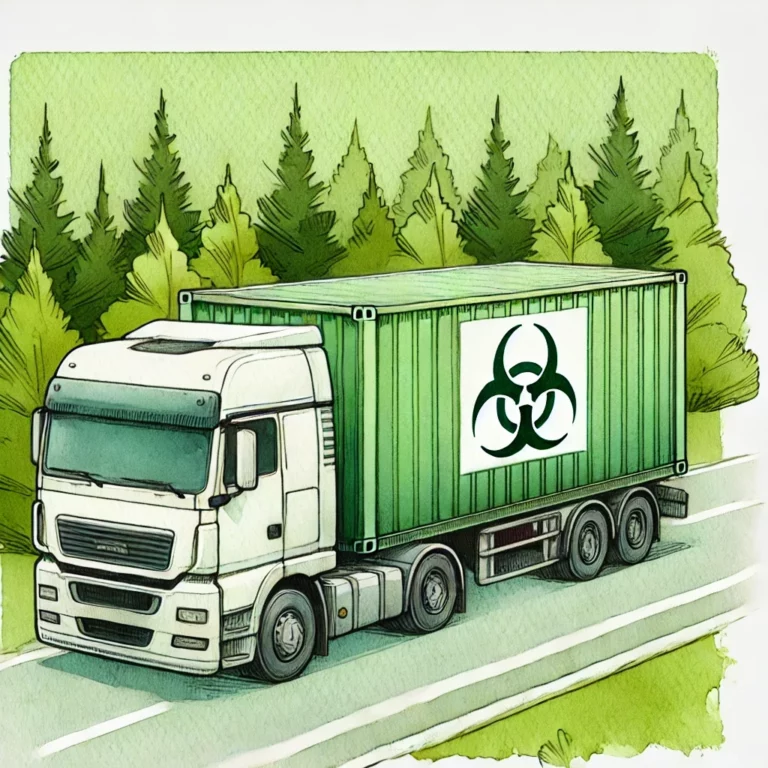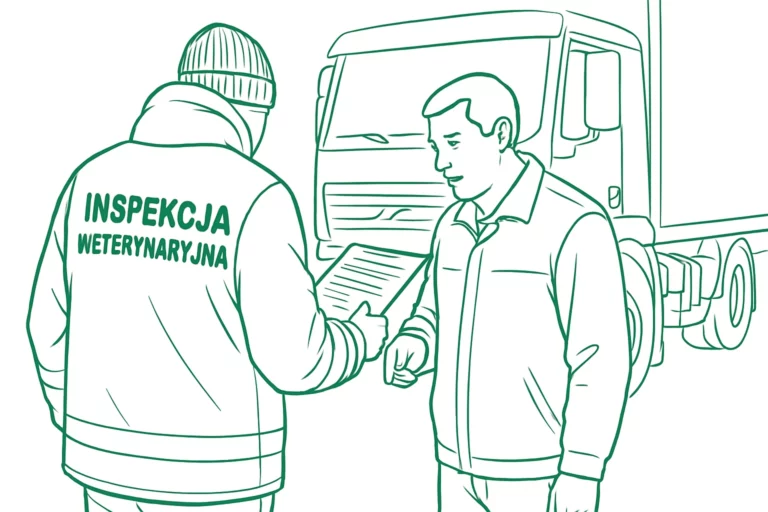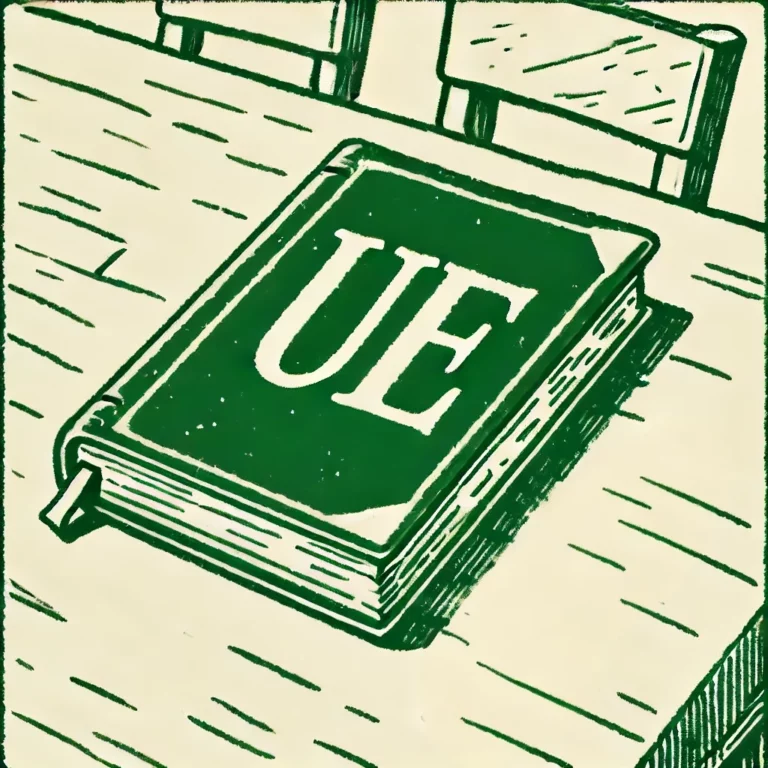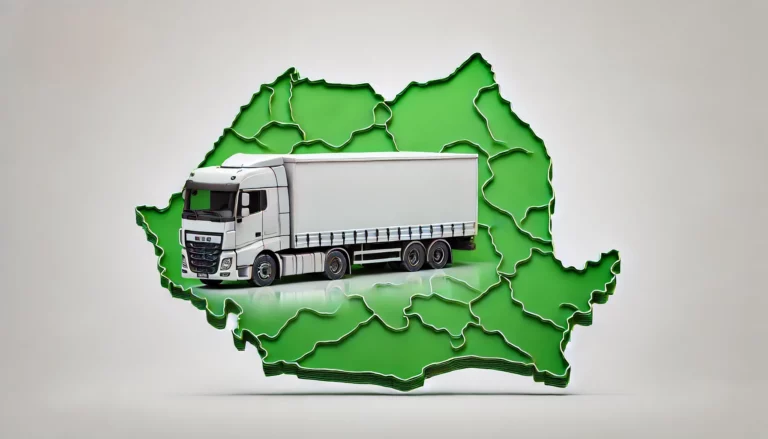Waste transport in Germany in the face of regulatory changes
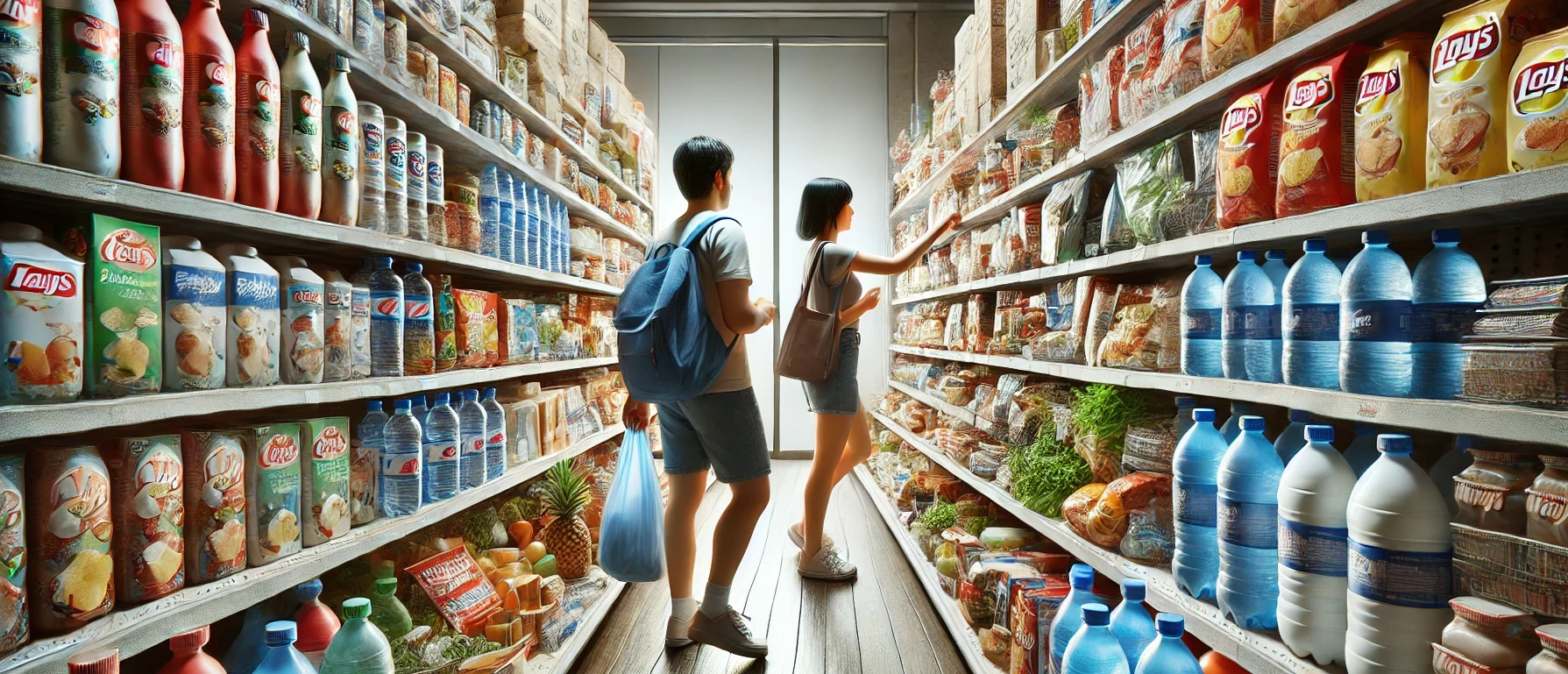
Germany has joined the countries that have introduced a levy on single-use plastic packaging. As in Poland, such a tax has already been in place since the beginning of this year. Although the authorities expect that the first declarations will not start coming in until the middle of next year. That is why it is so important that companies affected by this tax already collect the necessary data. How will the changes in the law affect waste transport in Germany?
Law Einwegkunststofffondsgesetz (EWKFondsG), was announced on 11 May 2023 and came into force on 1 January 2024. It implements the provisions of EU Directive 2019/904 on reducing the environmental impact of certain plastic products.
Contact for a waste transport permit in Germany:
e.nadolna@ekologistyka24.pl , +48 881 045 376
j.blazewicz@ekologistyka24.pl , +48 500 867 153
Origin of the law and its objectives
The main objective of the creation of the law is to reduce waste from single-use plastic products. Another is to reduce their negative impact on the environment and human health. The Act introduces a levy on single-use products containing plastic to finance the collection, cleaning and disposal of these products. The funds collected through this levy are accumulated in a special fund managed by the Federal Environment Agency (German: Umweltbundesamt).
Tasks related to the Act
- Registration of producers:
- Manufacturers, importers and sellers of single-use plastic products must register in a system run by the UBA. The purpose of this is to monitor the volume and type of products placed on the market.
- Reporting:
- Every registered manufacturer must report annually on the amount of single-use plastic products placed on the market. This data is crucial for calculating the fees due and monitoring progress in waste reduction.
- Payment of fees:
- Based on the reports submitted, producers are required to pay fees, the amount of which depends on the quantity and type of single-use plastic products. These fees contribute to a fund dedicated to waste management.
- Cooperation with public authorities:
- Fund established under the Act supports public waste management authorities by reimbursing them for the costs of collection, cleaning and public education on waste management.
Concerns about the Act
Although parts of the waste industry are pinning their hopes for improvement on the aforementioned law, some producers also have legitimate concerns. The most important include:
Increased costs for businesses:
- Manufacturers, importers and dealers may experience increased costs due to new registration, reporting and financial obligations. This may affect their competitiveness and financial performance.
Administrative burden:
- The new regulations entail additional administrative obligations, requiring companies to adapt their management and reporting systems. This can be challenging, especially for small and medium-sized companies.
Penalties for non-compliance:
- Failure to register, report on time or pay fees due can result in heavy financial penalties, which further increases the financial risk for companies.
Waste transport in Germany - what will change?
Challenges and opportunities
The waste transport industry plays a key role in achieving the objectives of the EWKFondsG Act. The fund set up under the Act aims to support waste management systems by reimbursing the costs associated with the transport, collection and treatment of waste single-use plastic products.
With additional funding, waste transport companies will be able to invest in more advanced technology and infrastructure. This will contribute to more efficient waste management.
Impact on waste transport in Germany
The impact of the Act on the waste transport industry will be multidimensional. On the one hand, the Act will bring new challenges in the form of additional administrative obligations and the need to adapt to new regulations. On the other hand, the increase in funds available for waste management may lead to an improvement in the quality of services provided by companies dealing with waste transport. It will also undoubtedly contribute to the development of more sustainable and innovative solutions.
The Einwegkunststofffondsgesetz is an important step towards more sustainable waste management in Germany. And the waste transport industry plays a key role in its implementation. With additional funding from the fund, it will be possible to introduce more efficient and environmentally friendly waste management practices, which will benefit both the environment and society.
Germany - waste transport permit
It should be remembered that waste transport can only be carried out by companies with the appropriate authorisations. Each must demonstrate that it is fully entitled to transport waste and that it is aware of the risks involved. Because any waste, regardless of its characteristics, poses a risk to the environment.
Ecologistics24 is a team of specialists who have been providing knowledge and experience for more than a decade. All with the aim of helping companies throughout Europe to obtain waste transport permits in Germany and other EU countries. All this quickly, efficiently and with a minimum of formalities.


